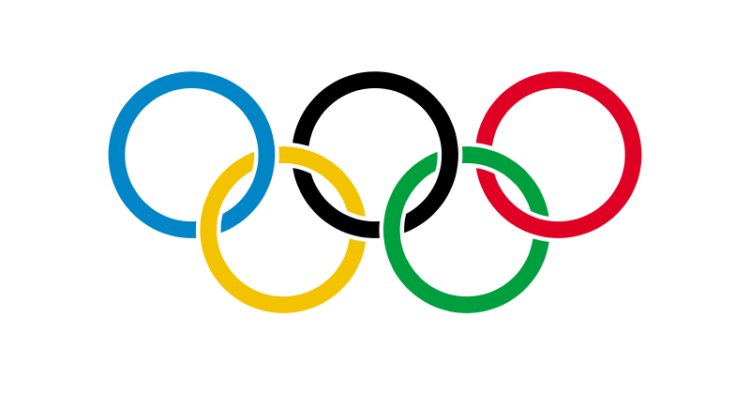Once again, the EU is called to face an important issue of foreign policy without a precise strategy or a noticeable bargaining power. The choice is between applying strictly and coherently its own principles of protection of democracy, freedom and human rights - and risk pushing China towards a defensive strategy - or choosing instead the road of dialogue and silent diplomacy, less honorable but potentially more effective.
Repression in Tibet: the icing on the cake.
China’s record on human rights is notoriously worrisome, and the disproportionate use of force following the recent demonstrations in Tibet is nothing but the proverbial straw that broke the camel’s back. In the last two-three years a sharp deterioration in the situation of civil and political freedoms has been registered, clearly contradicting the assumption that the Olympic Games could have a positive effect on human rights in China. Arrest and illegal detention of activists, restrictions on NGOs, internet censorship, and repression in Tibet are only a few examples of how Beijing has decided to do its spring-cleaning, just before welcoming representatives of the international community in the country.
The potential frictions between China and the European Union are not limited to the violations occurring within the Chinese territory: Brussels and Beijing share a very distant conception of international relations, especially in the field of development aid in the African continent. Decades of European diplomatic efforts intended at ensuring the respect of a minimal principle of conditionality by the countries receiving foreign aid are now seriously challenged by the competition of the Chinese cooperation, much less keen on strictly applying human rights and environmental standards. To complete the picture, China’s position on Darfur and its recent attempts to deliver weapons to Zimbabwe confirm the distance between the two economic super-powers on issues concerning the international arena.
On the other hand, it would be almost superfluous to mention the economic weight of China as one of EU’s privileged commercial partners. The position of the European Union in the last decade has been to establish an on-going dialogue with Beijing, including economic negotiations but also a form of monitoring of human rights performances. Notwithstanding the multiple interventions of the European Parliament condemning Chinese human rights violations, it is rather evident that the European influence on the issue is still very limited.
Boycotting the Games? Pros and cons.
The pressure of public opinion for a symbolic gesture against the Chinese government is fairly strong. Following the demonstrations in Paris after the passage of the Olympic Torch, the French President Sarkozy has considered the option of abstaining from participation in the ceremony altogether. The impact of his decision could be aggrandized by the fact that France will hold the EU presidency during the Olympic Games. The major problem is that any unilateral action taken by a limited number of European countries will serve to demonstrate the inability of the EU to express a coherent unitary foreign policy.
In his recent visit to China, on the 25th of April, the European Commission President Barroso reassured Chinese Premier Wen Jiabao that no boycott would be promoted collectively by the EU. Secondarily, even if a joint European boycott was a likely perspective, it is doubtful whether it would be a desirable strategy. China, whether we like it or not, is not North Korea: certainly not a minor actor of the international community, and most definitely not one that can be easily intimidated by a policy of ‘naming and shaming’, or condemned to political and economical isolation. It is clear that the Government in Beijing is today particularly unwilling to show weakness in front of its own public opinion, and wouldn’t accept very easily a lesson of good manners from the European partners. Clearly, humiliation of national feelings is never a smart strategy of international diplomacy.
The demonstrations following the Tibetan uprising are a powerful signal of the level of human rights awareness of the European citizens: nothing in this article shall be read in the sense of criticizing this positive exercise of democracy. What is completely regrettable is the absence, within the EU, of a political structure able to exercise a long-term bargaining power on the international scene. Unfortunately, there is no last-minute intervention or symbolic action that can substitute a stable and far-sighted strategy.
In an ideal world, a powerful European Union would apply a discrete, but steady influence on the Chinese Government, negotiating improvements in the field of human rights and fundamental freedoms by means of a do ut des diplomacy. But let’s face it: politically, the EU is not exactly a superpower, and it wouldn’t even scare much smaller shots than China. In this world, the most likely outcome is frustration.


Follow the comments: |
|
